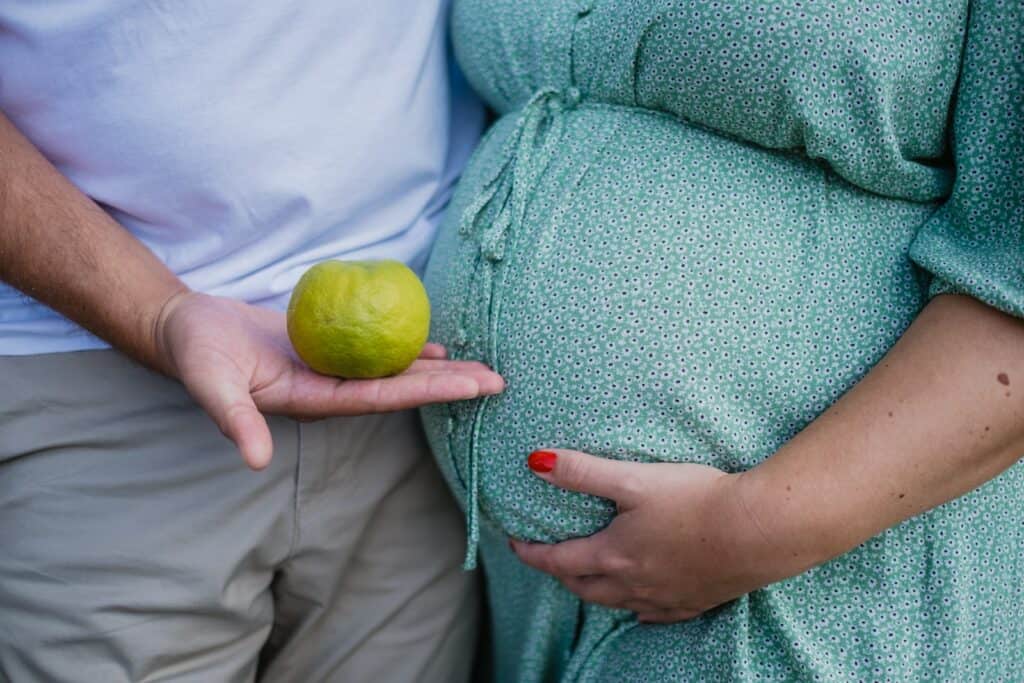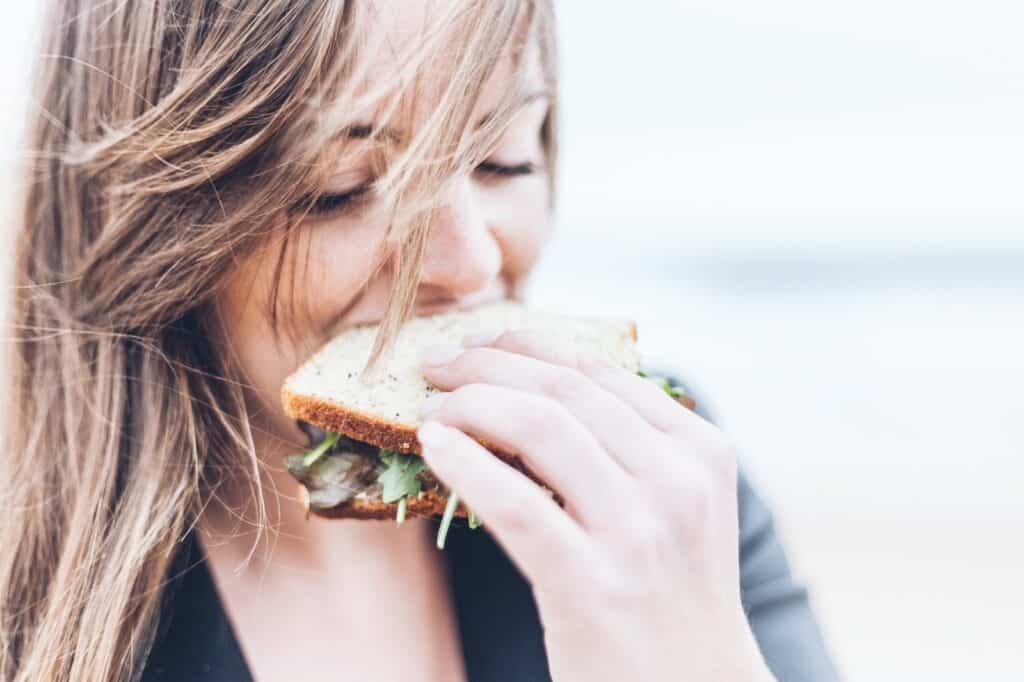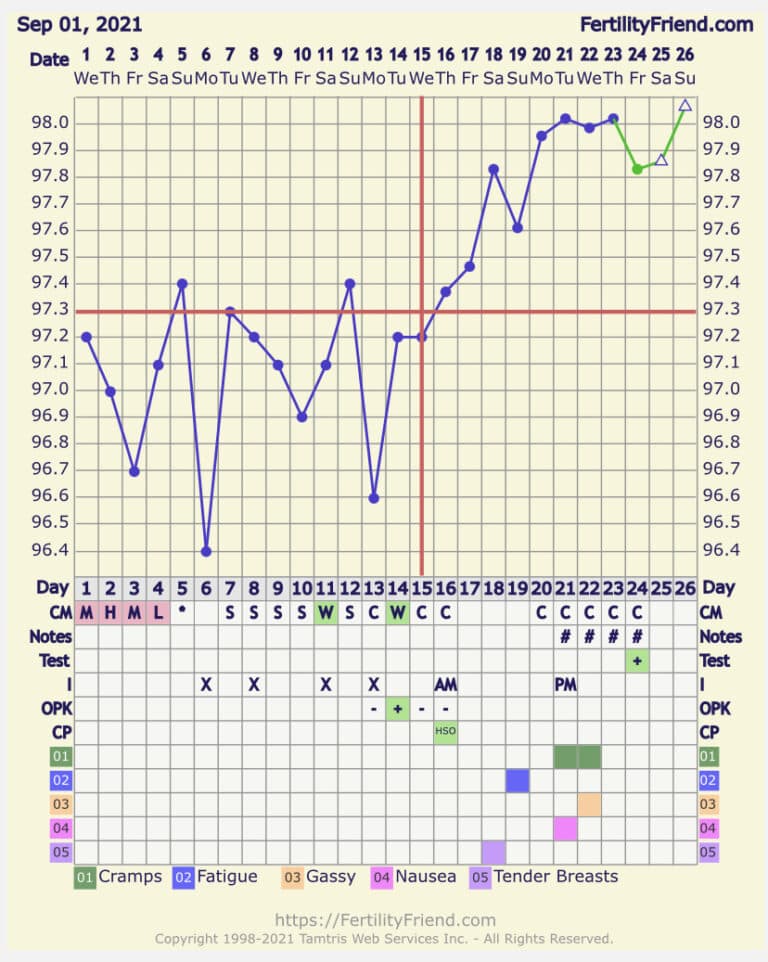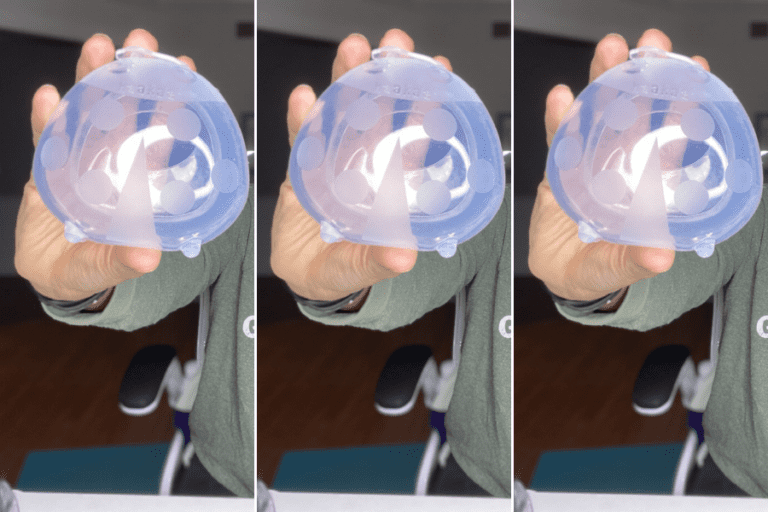Can Cinnamon Cause A Miscarriage? Safe Tips During Pregnancy

Last Updated on August 8, 2023 by Avi Steen
Pregnancy is an incredible journey filled with excitement, cravings, and perhaps a sprinkle of worry too. One concern that might have crossed your mind is the idea that cinnamon, that beloved spice found in so many delicious treats, could somehow lead to a miscarriage.
Well, today, we’re here to dive into this topic and separate fact from fiction. So, grab a cozy spot, a cup of soothing cinnamon tea (yes, it’s safe!), and let’s unravel the truth together.
The Cinnamon Miscarriage Myth
Alright, let’s address the elephant in the room. You might have heard whispers about how consuming too much cinnamon can lead to uterine contractions and potentially even a miscarriage.
But here’s the scoop, dear mamas-to-be – while this myth has been circulating, there are simply no scientific studies or evidence to back it up.
There are so many myths out there, and I’m happy to debunk this one. Honestly, there are a lot of mysteries behind miscarriages which is a whole other post in itself.
- 13 Unconventional Ideas of Announcing Pregnancy
- 59 Unique and Rare Baby Names in 2024
- How Much to Spend on Baby Shower Gift in 2023 – A Comprehensive Guide
- How to Get Baby to Move During Pregnancy: Tips and Tricks
- How To Use A Pregnancy Pillow (and Get The Best Sleep!)

Cinnamon’s Potential Benefits and Risks During Pregnancy
Now, let’s talk about the good stuff – the health benefits of cinnamon! This popular spice has been celebrated for its anti-inflammatory properties, potential to boost insulin sensitivity and even its immune system support.
But what about pregnancy? Well, the good news is that cinnamon can be a part of your healthy pregnancy journey.
Of course, like with any good thing, moderation is key. Too much of even the most wonderful stuff can lead to, well, not-so-wonderful side effects. If you’re tempted to down cinnamon sticks like there’s no tomorrow, hold on a minute.
Large amounts of cinnamon, especially cinnamon supplements or cinnamon oil, can be a bit dicey. There’s a fine line between a sprinkle of goodness and an overload that could potentially cause adverse effects like liver damage. So it’s best not to take cinnamon pills, supplements, or oils during pregnancy.
The use should only be a small amount of cinnamon in your food. Most recipes often only use about a teaspoon of cinnamon powder.
And did you know there are different types of cinnamon? There’s cassia cinnamon which is your average supermarket spice, ceylon cinnamon, Saigon cinnamon, and cinnamon burmannii which is used in most bakery products.

Safe Consumption of Cinnamon During Pregnancy
So, how do you enjoy the benefits of cinnamon without going overboard? Think of it like this – a sprinkle here and there is a good idea, but diving into a pool of cinnamon might not be the best plan.
Incorporating small doses of cinnamon into your diet – whether it’s a dash in your morning oatmeal or a pinch in your homemade smoothie – can be a delightful and safe way to enjoy its flavor and potential benefits.
Regular consumption of cinnamon should be mixed into a recipe and not by the spoonful as it could pose potential risks.
Consulting Healthcare Professionals
Ladies, let’s talk about your secret weapon – your healthcare provider. They are your go-to source for all things pregnancy-related. Before you make any significant changes to your diet or lifestyle during these precious months, have a heart-to-heart with your healthcare provider.
They know you, your health history, and what’s best for you and your little one.
Remember, what’s true for one pregnant woman might not be true for another. Some women might experience no issues with cinnamon consumption, while others might find it causes unwanted side effects.
This is why personalized advice from your healthcare provider is absolutely crucial.

Other Pregnancy Wellness Tips
As we wrap up our cinnamon-inspired chat, let’s talk about a few more tidbits to keep you on the path of good health.
Hydration – it’s your best friend. Drinking enough water is like giving your body a big, refreshing hug. Regular prenatal exercise helps you stay strong and limber, preparing you for the exciting days ahead.
Oh, and rest, lovely mama, rest. Sleep is like a magical elixir that rejuvenates your body and mind. And don’t forget about self-care – pamper yourself with gentle stretches, soothing baths, and moments of calm.
5 Signs of Early Pregnancy Miscarriage
It’s important to note that pregnancy experiences can vary widely among individuals, and some of these signs could also be associated with conditions other than a miscarriage. If you have concerns about your pregnancy, it’s always best to consult with your healthcare provider for personalized guidance.
1. Vaginal Bleeding:
One of the most common signs of a potential early pregnancy miscarriage is vaginal bleeding. While some spotting can be normal in early pregnancy, if you experience heavy bleeding, especially accompanied by clotting and severe cramps, it’s crucial to seek medical attention.
2. Abdominal Pain:
Mild cramping is often normal in early pregnancy as your uterus expands, but persistent and severe abdominal pain, especially if it’s localized on one side, could indicate a potential miscarriage. If you’re experiencing intense, sharp, or consistent pain, it’s important to contact your healthcare provider.
3. Sudden Decrease in Pregnancy Symptoms:
Early pregnancy symptoms, such as breast tenderness, nausea, and fatigue, can fluctuate in intensity. However, if you notice a sudden and significant decrease in these symptoms, it might be a cause for concern and could be discussed with your healthcare provider.
4. Passing Tissue or Clots:
If you notice the passage of tissue, clots, or other unusual material from your vagina, it could indicate a miscarriage. It’s essential to collect any passed tissue for examination by a medical professional, as this can help determine the cause.
5. Back Pain or Discomfort:
While back pain can be a common complaint during pregnancy due to changes in your body’s center of gravity, persistent and severe back pain, especially when accompanied by other symptoms like bleeding or cramping, should be evaluated by a healthcare provider.
Remember, while these signs can potentially indicate an early pregnancy miscarriage, they are not definitive proof on their own. Many women experience spotting or mild discomfort during early pregnancy without miscarrying. I
f you’re concerned about any symptoms you’re experiencing, it’s always best to contact your healthcare provider for proper evaluation and guidance. They can perform necessary tests and provide the appropriate care based on your individual situation. Your health and well-being, along with that of your baby, are their top priorities.

5 Foods to Actually Avoid During Pregnancy
Here are five foods that pregnant women are generally advised to avoid to ensure a healthy and safe pregnancy:
1. Raw or Undercooked Seafood and Shellfish:
Raw seafood, such as sushi, sashimi, and oysters, can expose you to harmful bacteria and parasites like listeria and salmonella, which could pose a risk to your baby’s health. It’s best to opt for cooked seafood that has been thoroughly heated to a safe internal temperature.
2. Unpasteurized Dairy Products:
Unpasteurized or raw dairy products, including certain types of cheese and milk, can carry harmful bacteria like listeria. Choose only pasteurized options to reduce the risk of foodborne illnesses.
3. High-Mercury Fish:
Certain types of fish, like shark, swordfish, king mackerel, and tilefish, are known to contain high levels of mercury, which can harm a developing baby’s nervous system. Limit your consumption of these fish and opt for lower-mercury alternatives like salmon, shrimp, and canned light tuna.
4. Raw or Undercooked Eggs:
Raw or undercooked eggs and dishes made with them (like homemade Caesar dressings, mayonnaise, and cookie dough) can contain salmonella bacteria. Ensure eggs are fully cooked to reduce the risk of infection.
5. Processed Meats and Deli Items:
Processed meats and deli items, such as hot dogs, cold cuts, and pâtés, can potentially carry listeria and other harmful bacteria. If you choose to consume these foods, heat them until steaming hot to kill any potential pathogens.
Remember, every pregnancy is unique, and dietary needs can vary. It’s always a good idea to discuss your dietary choices and concerns with your healthcare provider.
They can provide personalized guidance based on your health status and any potential risk factors. Your well-being and the health of your baby are top priorities, so keeping an open line of communication with your healthcare provider is essential.
So, can cinnamon cause a miscarriage? The answer, dear expectant mothers, is likely a reassuring no. There’s no solid scientific evidence to back up this myth.
Remember, it’s all about balance. Enjoy cinnamon in small amounts, opt for Ceylon cinnamon when possible, and most importantly, keep the lines of communication open with your healthcare provider.
Pregnancy is a beautiful journey, and with a sprinkle of cinnamon wisdom and a dash of good advice, you’re on your way to a happy, healthy, and cinnamon-infused experience. Cheers to you, your baby bump, and a wonderful road ahead!

Octavia Steen is an NBDA certified fertility doula, health coach, certified fitness nutrition specialist, aspiring missionary with the COGIC, and owner of Mother Mindset. She helps future and current mamas become more consistent in faith + fitness and grow closer to God so they can create a healthier lifestyle from the inside out!






